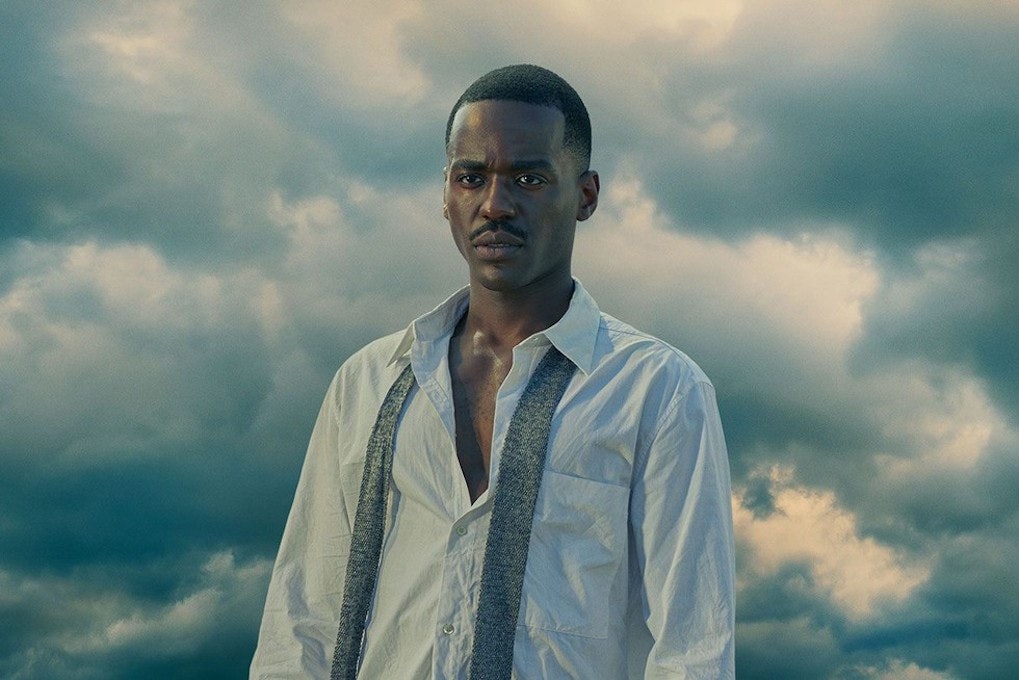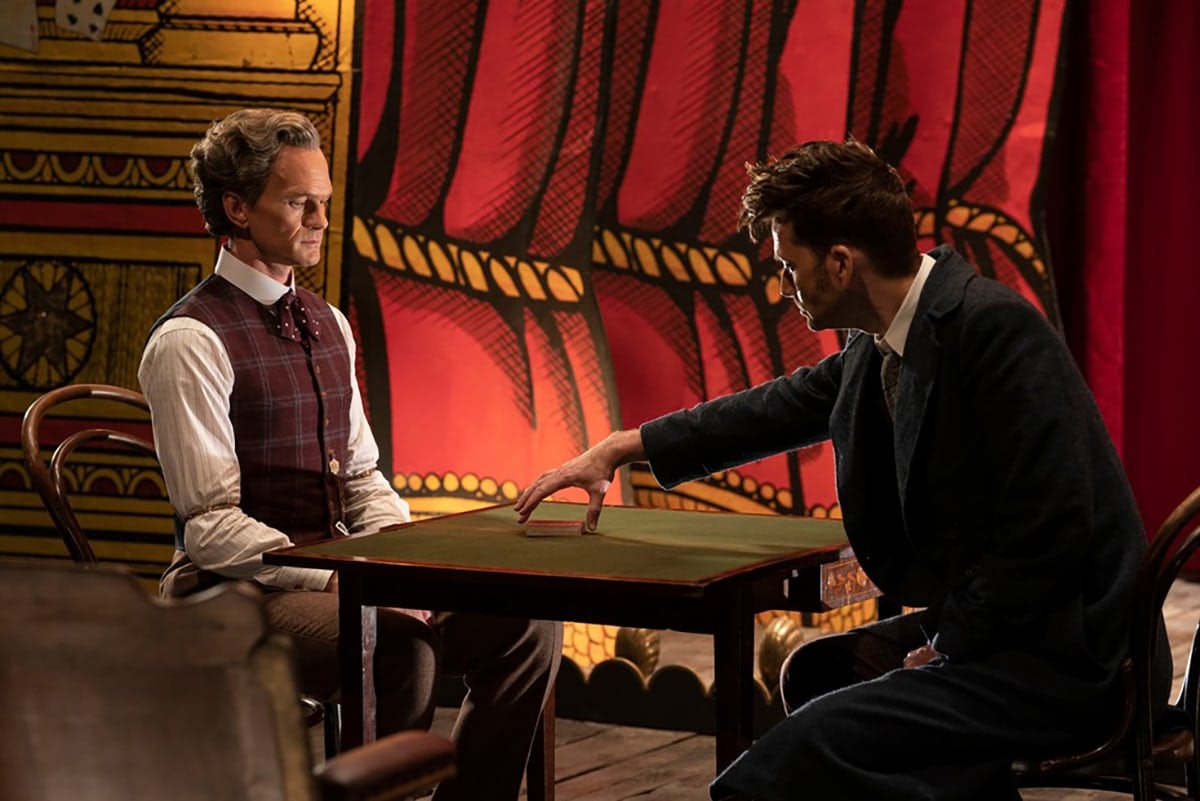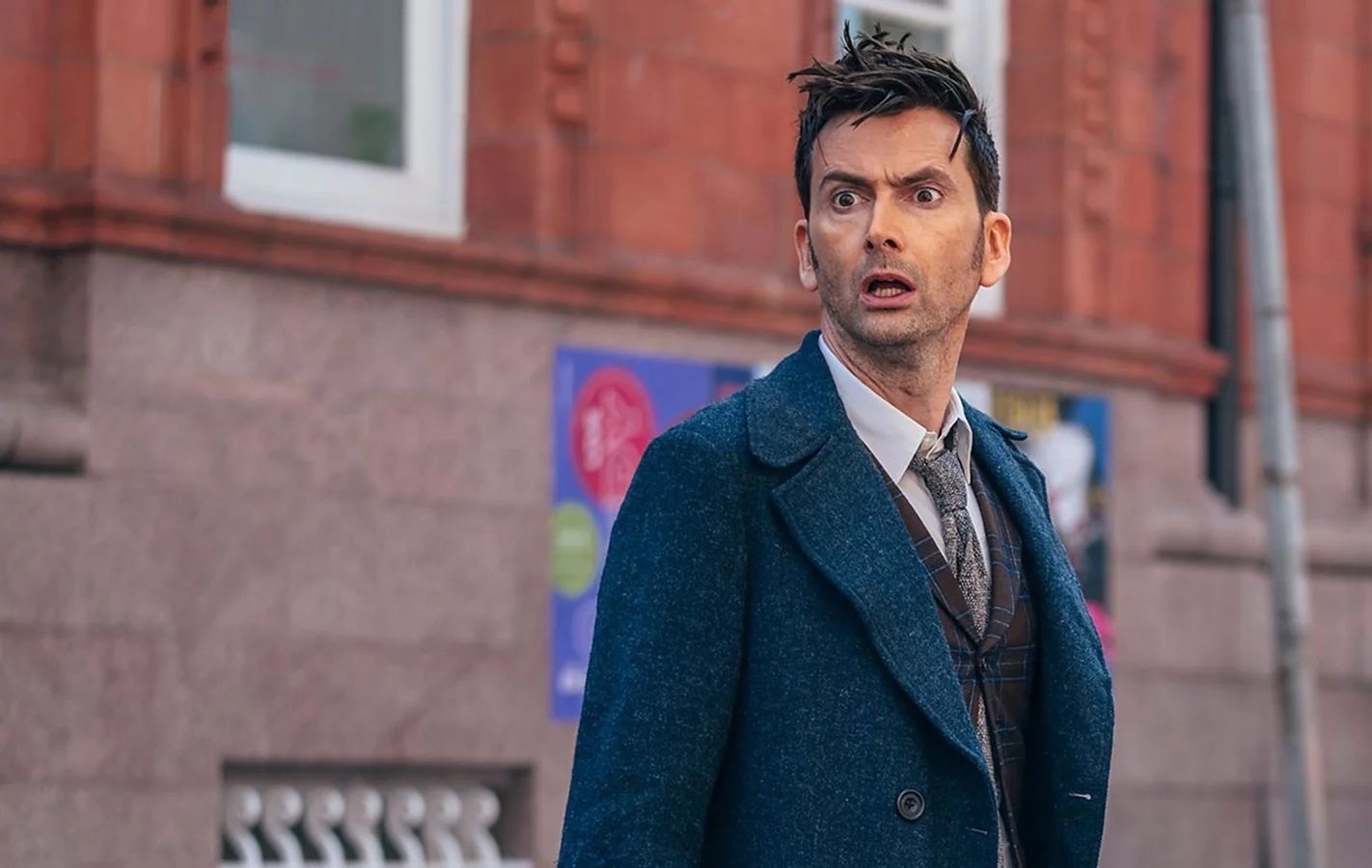
The greatest innovation of Doctor Who has always been the concept of regeneration. When the 1st Doctor, William Hartnell, became too ill to keep playing the role, producers devised the idea of regeneration, which allowed the Doctor to renew his face and his body whenever he was killed.
This rendered the Doctor — and the show itself — essentially immortal. The Doctor could continually regenerate, and the show could continually recast its lead actor and reset itself every few years. It became the key to the show’s longevity and an essential part of the show’s creative DNA. And, 60 years later, Doctor Who just changed the rules of regeneration again.
Spoilers for the third 60th anniversary special, “The Giggle,” follow!
What Happened at the End of “The Giggle”?

At the end of “The Giggle,” the Toymaker has revealed himself as the mastermind behind the insanity that has taken over humanity. He has somehow escaped his domain and entered reality, allowing him to manipulate reality to suit his twisted games. Wreaking havoc at UNIT headquarters, he turns bullets into flowers and kills UNIT soldiers by turning them into balloons. Worst yet, he takes control of UNIT’s Galvanic Beam, a giant alien laser that he starts to aim at the rest of the world, threatening their ultimate destruction. Then, to goad the 14th Doctor (David Tennant), he points the crosshairs at Kate Stewart (Jemma Redgrave), Mel Bush (Bonnie Langford), and Donna Noble (Catherine Tate).
But the Doctor demands that he take issue strictly with him — the 1st Doctor beat the Toymaker all those years ago, so they should even the playing field with another game. The Toymaker acquiesces, suddenly shooting the Doctor through the chest with the Galvanic Beam. The Doctor begins his regeneration, the familiar yellow light glowing around his face as Mel and Donna grab his hands. But something strange happens — the light stops. The Doctor recognizes that this regeneration isn’t like past ones, and tells Mel and Donna to pull at his arms. They do, and he splits into two, into the 14th Doctor (Tennant) and the 15th Doctor (Ncuti Gatwa).
What Is Bi-Generation and Why Is David Tennant Still Around?

What is happening? “Bi-generation,” according to the 15th Doctor. Bi-generation is a completely new concept for the show, though the 15th Doctor explains that the idea existed but “it was just a myth!” Both 14 and 15 are still the Doctor with the Doctor’s memories and abilities, but they can co-exist, even getting their own TARDISes (15, notably, gets a cool jukebox in his). Now the 14th Doctor and the 15th Doctor can go on their own adventures, though 14, shouldering all the pain and guilt from his past adventures, is urged to settle down for a little with Donna and his family.
There are still a few mysteries left to be answered with this newfangled bi-generation. Does this mean that when 14 dies, he can still regenerate? Does he still have two hearts as a Time Lord, or is he closer to human, like the last time showrunner Russell T. Davies pulled this dual-David Tennant trick in 2008’s Season 4 finale, “Journey’s End”? And why did this face come back? Donna’s theory is that it was the Doctor’s way of dealing with all the pain he never was able to process, by going back to a familiar face so that he could settle down with an old friend. And with 14 apparently settling in for early retirement with the Noble-Temple family, this seems to be the case. But it’s unlikely that he’ll stay retired for long.
With this new canon-shattering change, Tennant is essentially given free rein to continue his adventures as the Doctor, separate from Gatwa’s 15. And with showrunner Russell T. Davies itching to expand the Whoniverse into a mega-franchise on par with Marvel, a Tennant-led 14th Doctor spinoff seems like something “The Giggle” is setting us up for. But hopefully, Tennant bouncing around the universe in his own TARDIS (likely with Catherine Tate in tow) doesn’t take away any shine from Gatwa’s historic upcoming era as the 15th Doctor. But whatever the case, the universe just got a whole lot bigger and full of potential. Allons-y!







